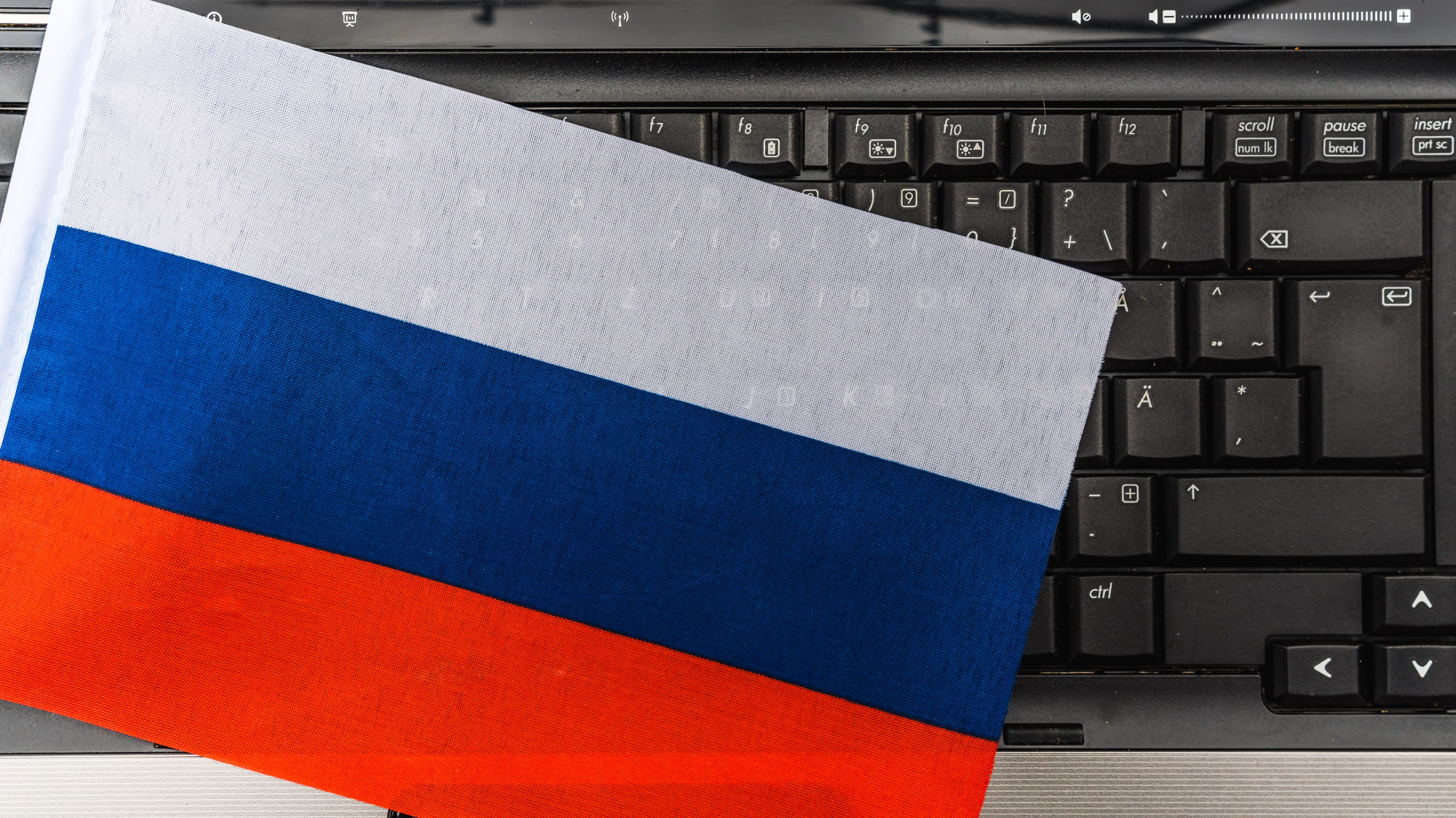
Despite recent reports that Microsoft was all set to ban Russian companies from its suite of cloud services from March 20, it turns out this still isn’t in effect, but should be by the end of March 2024 - this week - instead, after the company held discussions with IT platform Softline, one of its customers.
As a reminder, the ban isn’t a political move on Microsoft’s part, but several cloud storage providers’ hands being forced by economic sanctions imposed by the European Union on Russian-owned companies back in December 2023 as a result of the ongoing Russia-Ukraine conflict.
The latest update on the imminent blockade, from BleepingComputer, is that the delay so far appears to only be something that Microsoft is offering, in response to correspondence with Softline, despite the latter issuing a press release (Russian language, machine-translated by us) last week in which it claimed that it has ‘all the necessary resources’ to ensure a smooth transition to its own infrastructure from Microsoft and Amazon services.
EU economic sanctions on Russian tech
Before the extension, in a letter that Softline has since published on its Telegram channel, Microsoft broke the news gently to Softline, but stated its ‘[commitment] to compliance with EU trade laws and regulations, as well as all other jurisdictions in which it operates’.
According to Russian news agency TASS, Microsoft stands to cut off access to over 50 of its products to Russian companies, including video conferencing software behemoth Microsoft Teams and collaboration tool suite Microsoft 365.
That’s not to mention the collateral damage caused by providers such as Google and Amazon withholding their own services without postponing the deadline. BleepingComputer also revealed that business customers of those companies based in Russia received notice of service termination last week.
It’s too early to say whether the sanctions will be effective in applying pressure on Russia to withdraw from the conflict: they could, for instance, merely drive the popularity of local cloud and IT providers among businesses, and fuel their expansion.
But regardless of the European Union’s ruling, there is one upside to all this: individuals and solo professionals based in Russia using cloud services from these and similar cloud services aren't affected.
More from TechRadar Pro
- We’ve also listed the best cloud backup services right now
- Why you should make a cloud backup this March
- UN general assembly adopts its first AI resolution







